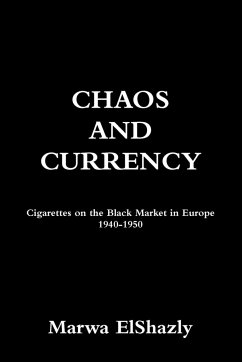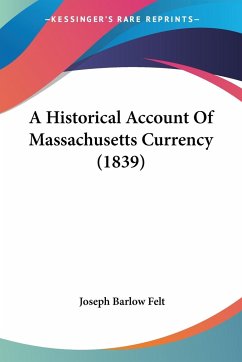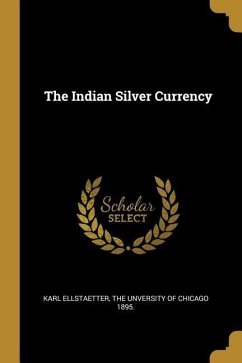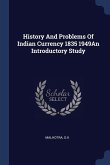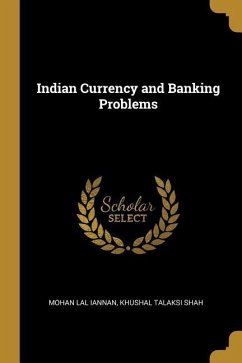In the world of illicit trading during World War II, cigarettes were used as a form of currency. The "black market" aspect of wars has a large role in the daily lives of civilians and soldiers alike. Despite the ongoing war, they still need to have access to goods and necessities. This topic is significant because it will showcase the "opportunity bubble" that desperation created in the context of war and discusses the potential that black markets might help civilians and governments during the war. Unfortunately, black markets rarely are presented in historical narratives. I am using the case studies of Auschwitz inmates, German displaced persons, and American soldiers as a method to explore how commodities as small as cigarettes can help rebuild a nation's economy, which is precisely what happened in postwar Germany and Italy. These case studies will allow us to see what illicit trading granted individuals, the risks and benefits for those participating and how the government responded.
Hinweis: Dieser Artikel kann nur an eine deutsche Lieferadresse ausgeliefert werden.
Hinweis: Dieser Artikel kann nur an eine deutsche Lieferadresse ausgeliefert werden.

